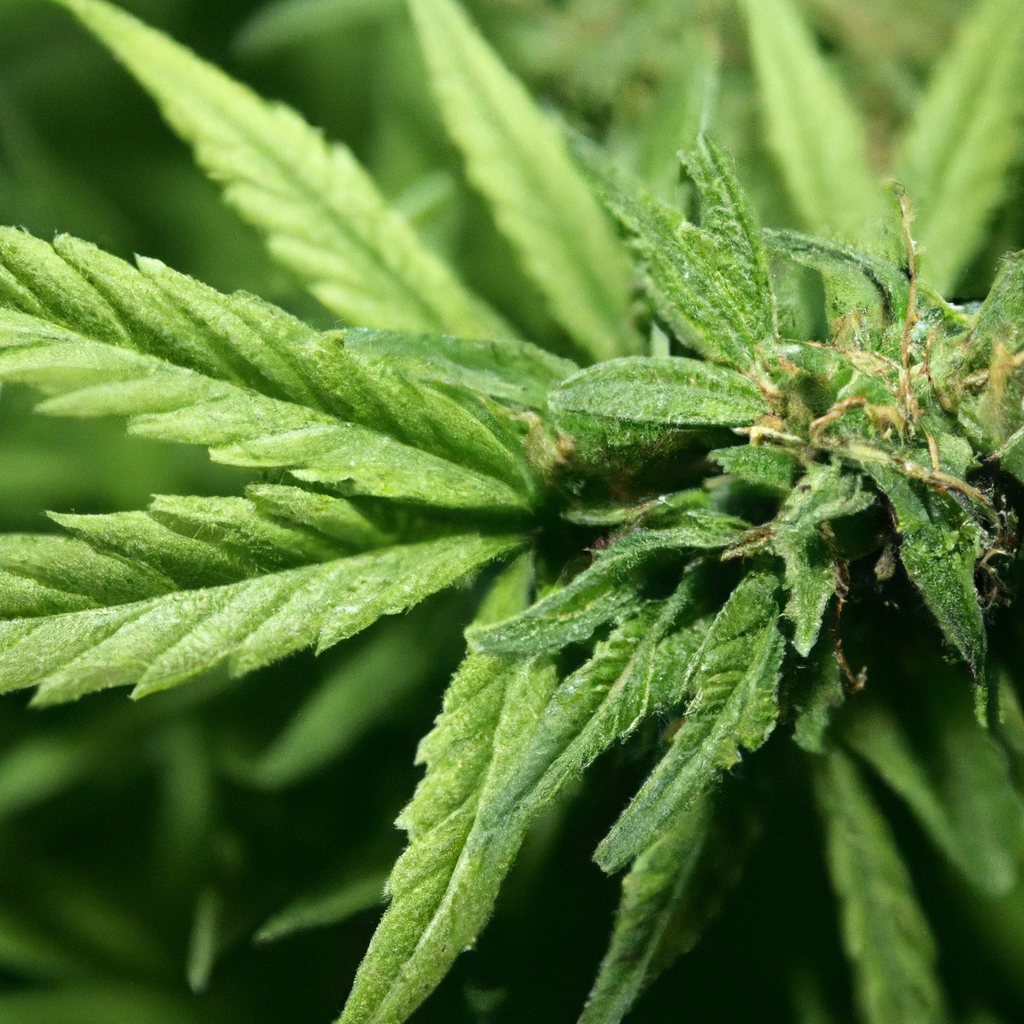Your cart is currently empty!
As the global community seeks sustainable energy alternatives, cannabis emerges not only as a recreational and medicinal plant but also as a potential key player in the biofuel industry. This versatile plant, traditionally associated with health benefits and cultural significance, offers promising avenues for addressing the energy crisis through its conceivable use as a renewable energy source.
Introduction to Cannabis Biofuels
Cannabis, commonly known for its psychoactive properties, has diverse industrial applications. Among these, its capacity to be transformed into biofuels offers a notable environmental advantage. This guide explores the science behind cannabis biofuels, the benefits they bring, and the challenges that need addressing.
Understanding the Science: How Does It Work?
Biofuels are derived from biomass, and cannabis, especially hemp, is an abundant source of cellulose, which is central to biofuel production. There are primarily two types of biofuels:
- Bioethanol: Produced through the fermentation of sugars and starches. In cannabis, this involves extracting and fermenting the cellulose found in its stalks.
- Biodiesel: Made from oils and fats, which in cannabis can be sourced from the seeds.
The production process involves a series of steps, including growing the cannabis plant, processing the cellulose or oils, and finally converting these materials into ethanol or biodiesel.
The Benefits of Cannabis-Based Biofuels
Adopting cannabis as a source of biofuels presents several environmental and economic benefits:
- Renewable Source: Unlike fossil fuels, cannabis can be replanted and harvested seasonally, ensuring a sustainable supply if managed properly.
- Reduced Carbon Footprint: Burning cannabis-based biofuels releases fewer pollutants and greenhouse gases, offering a cleaner alternative compared to traditional fossil fuels.
- Rural Development Opportunities: Cultivating cannabis for biofuels can provide new agricultural opportunities and jobs in rural areas.
Challenges and Considerations
While cannabis biofuels hold potential, there are notable challenges:
- Legal and Regulatory Hurdles: Cannabis legislation varies globally, affecting the cultivation and use of cannabis for non-medicinal purposes.
- Economic Viability: The cost of converting cannabis into biofuel must compete with lower-priced fossil fuels and other biofuel sources.
- Land Use and Resource Allocation: Balancing land use between food production and biofuel cultivation is crucial to prevent unintended consequences like food shortages.
Looking Forward: The Future of Cannabis Biofuels
As research and technology advance, the potential of cannabis biofuels becomes more tangible. Collaborative efforts in science, industry, and policy are essential to harness the full potential of cannabis in sustainable energy solutions.
In conclusion, cannabis biofuels represent an exciting frontier in the quest for renewable energy sources. While challenges remain, with appropriate innovation and governance, cannabis can play a critical role in creating a sustainable energy future.
Discover more from Magic Clones
Subscribe to get the latest posts sent to your email.


Leave a Reply